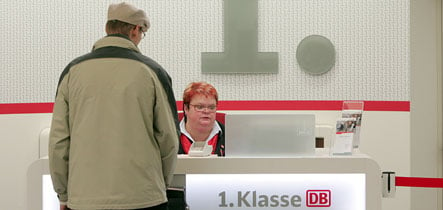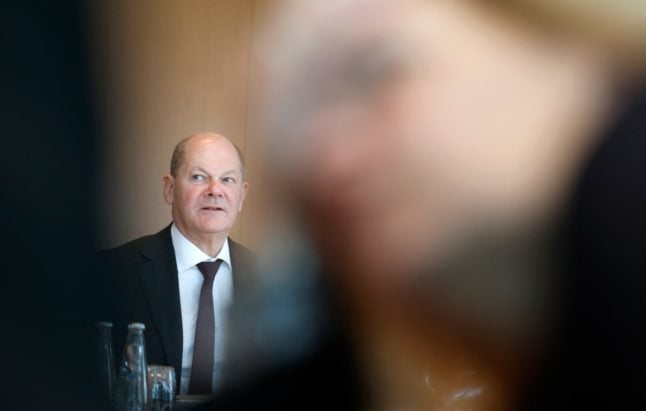The new surcharge would have gone into effect on December 14, but after top politicians criticized the idea, Bahn had been considering an end to the plan.
Before the decision was announced on Friday, German Consumer Protection Minister Horst Seehofer rejected the plans, saying that charging more when customers buy their rail tickets from a human being “should be completely rejected for several reasons.”
He added that in other European countries passengers receive a rebate when they buy tickets online or from a vending machine.
Transport Minister Wolfgang Tiefensee had also expressed his misgivings about the scheme.
“It’s clear to the board that it’s not worth starting a war for this fee,” a member of the company’s supervisory board told Berlin daily Der Tagesspiegel on Friday.



 Please whitelist us to continue reading.
Please whitelist us to continue reading.